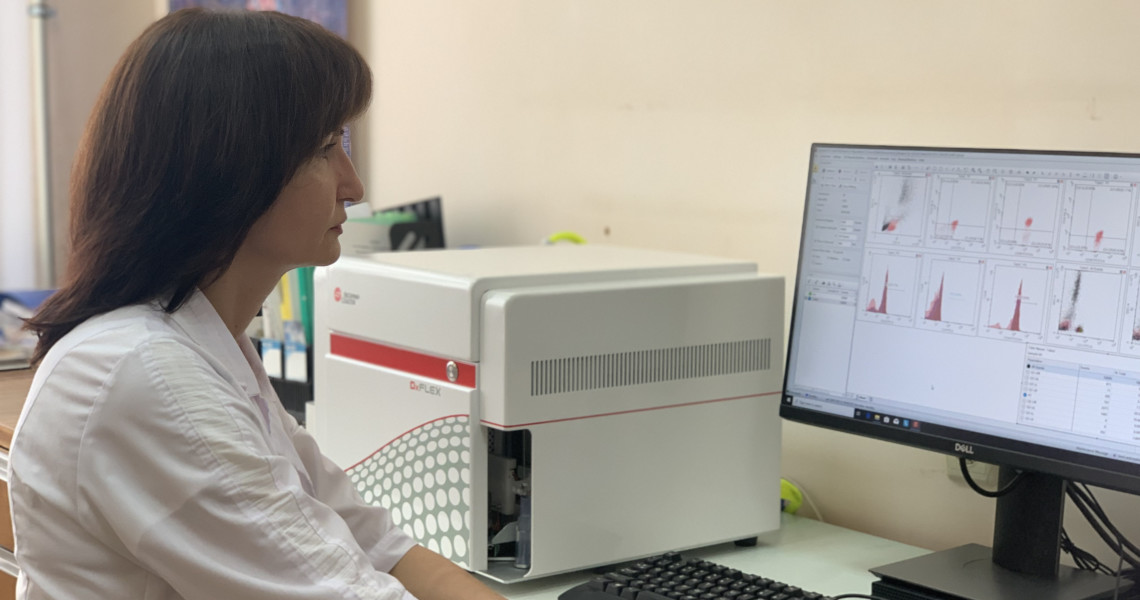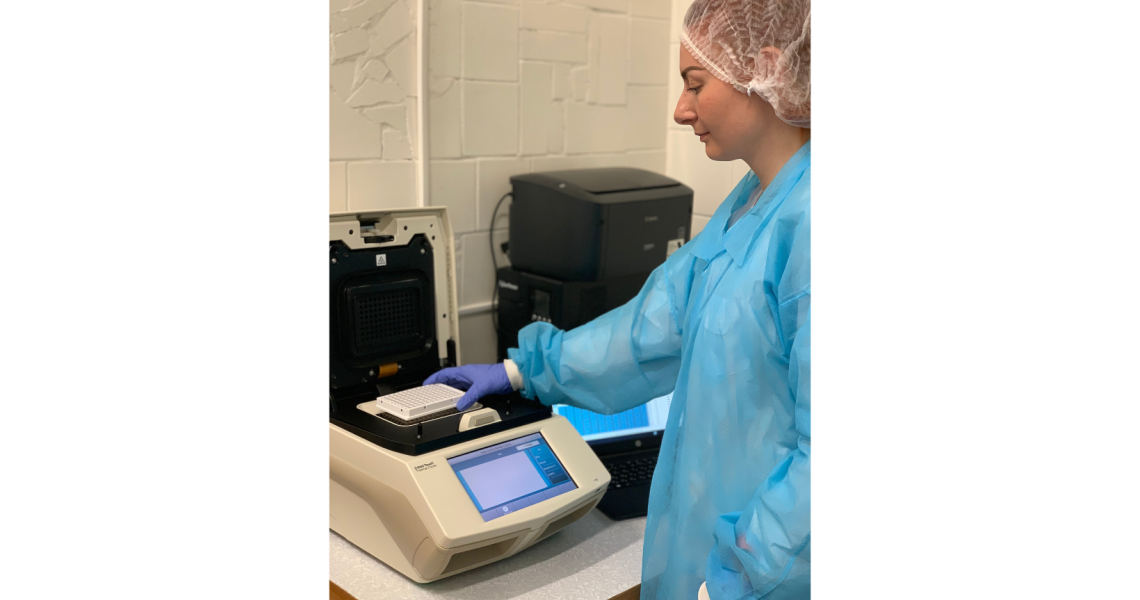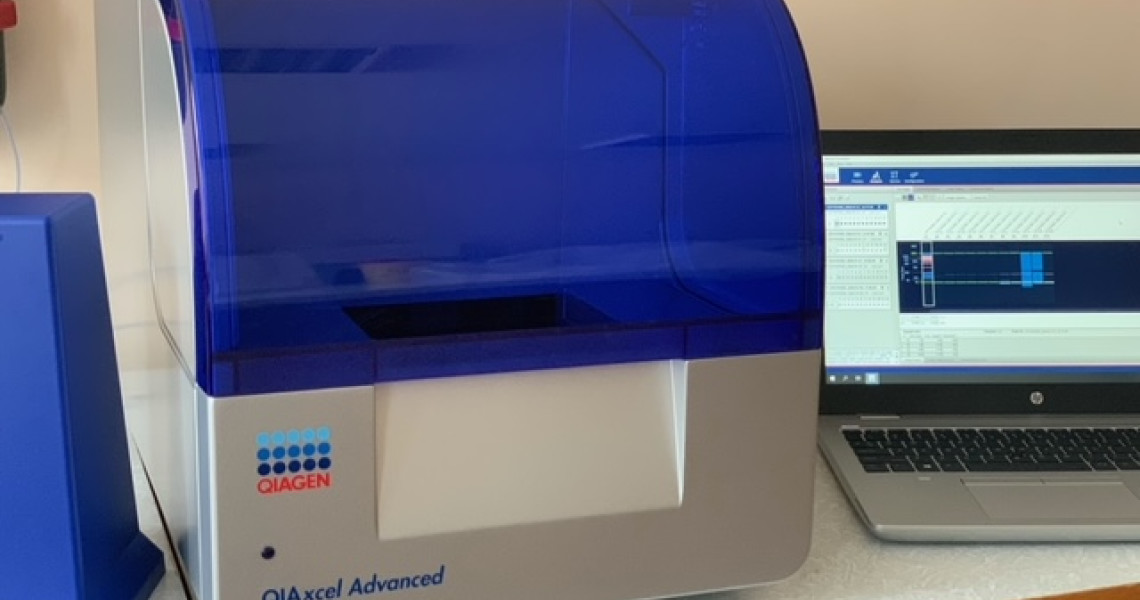Кінець 2023 року, а отже, час підбивати підсумки. Завершився науковий проєкт «Генетичні варіанти та їх потенційний зв'язок з COVID-19 серед населення України», над яким упродовж трьох років спільно працювали співробітники науково-дослідного інституту генетичних та імунологічних основ розвитку патології та фармакогенетики й кафедр інфекційних хвороб з епідеміологією і хірургії №1. Керівником проєкту була завідувачка кафедри інфекційних хвороб з епідеміологією, докторка медичних наук, професор #Тетяна Коваль, а одним зі співвиконавців – доктор медичних наук, професор #Ігор Кайдашев, якому належали концепція та дизайн даного проєкту. Основною проблемою, над вирішенням якої працювали науковці – підтвердження генетичної детермінованості сприйнятливості до інфекційних агентів, у тому числі і до вірусу SARS-CoV-2, та доведення мультифакторності інфекційних захворювань, що виникають як результат складної взаємодії значної кількості генів із різноманітними факторами зовнішнього середовища. Були заплановані й проведені дослідження з вивчення поширеності в українській популяції поліморфних варіантів генів, які є ключовими компонентами для проникнення вірусу SARS-CoV-2 у середину клітини, беруть участь у формуванні загальної імунної відповіді організму на вірусний агент та можуть впливати на розвиток і перебіг COVID-19. Також досліджувалися наявність дефектів структурних та сигнальних білків, які обумовлюють проникнення вірусу всередину клітини і його реплікацію, внаслідок поліморфізму генів, що їх кодують. Отримані результати стосовно мінливості генів та їх зв’язку зі сприйнятливістю, важкістю перебігу та смертністю від COVID-19 були висвітлені у публікаціях журналів, що входять до наукометричних баз даних Scopus та Web of Science:
https://pubmed.ncbi.nlm.nih.gov/37946732/
https://pubmed.ncbi.nlm.nih.gov/32762135/
https://pubmed.ncbi.nlm.nih.gov/33811358/
https://pubmed.ncbi.nlm.nih.gov/35091110/
https://pubmed.ncbi.nlm.nih.gov/34458641/
https://pubmed.ncbi.nlm.nih.gov/36786264/
At the end of the year, the University researchers are summarizing their activities, and this is of interest to everyone!
The conclusion of the year 2023 prompts a reflection on achievements. The scientific project "Genetic Variants and Their Potential Link to COVID-19 Among the Population of Ukraine" has concluded after three years of collaborative effort between the staff of the Research Institute of Genetic and Immunological Foundations of Pathology and Pharmacogenetics and the Departments of Infectious Diseases with Epidemiology and Surgery No.1. The project has been led by the Head of the Department of Infectious Diseases with Epidemiology, Prof. Tetiana Koval, and one of the co-executors has been Prof. Igor Kaidashev, who conceptualized and designed the project.
The primary issue addressed by the researchers was confirming the genetic determinism of susceptibility to infectious agents, including the SARS-CoV-2 virus, and demonstrating the multifactorial nature of infectious diseases arising from the complex interaction of numerous genes with various environmental factors. The study involved planned research to investigate the prevalence of polymorphic gene variants in the Ukrainian population, which play key roles in the penetration of the SARS-CoV-2 virus into cells, contribute to the formation of the overall immune response to the viral agent, and may influence the development and course of COVID-19. The presence of defects in structural and signaling proteins, determining the entry of the virus into cells and its replication due to gene polymorphisms encoding them, was also explored.
The findings regarding gene variability and its connection to susceptibility, severity and mortality from COVID-19 have been highlighted in publications in journals indexed in the Scopus and Web of Science databases:
https://pubmed.ncbi.nlm.nih.gov/37946732/
https://pubmed.ncbi.nlm.nih.gov/32762135/
https://pubmed.ncbi.nlm.nih.gov/33811358/
https://pubmed.ncbi.nlm.nih.gov/35091110/








